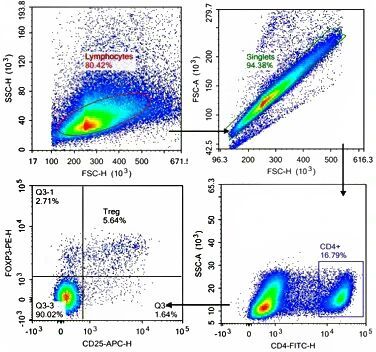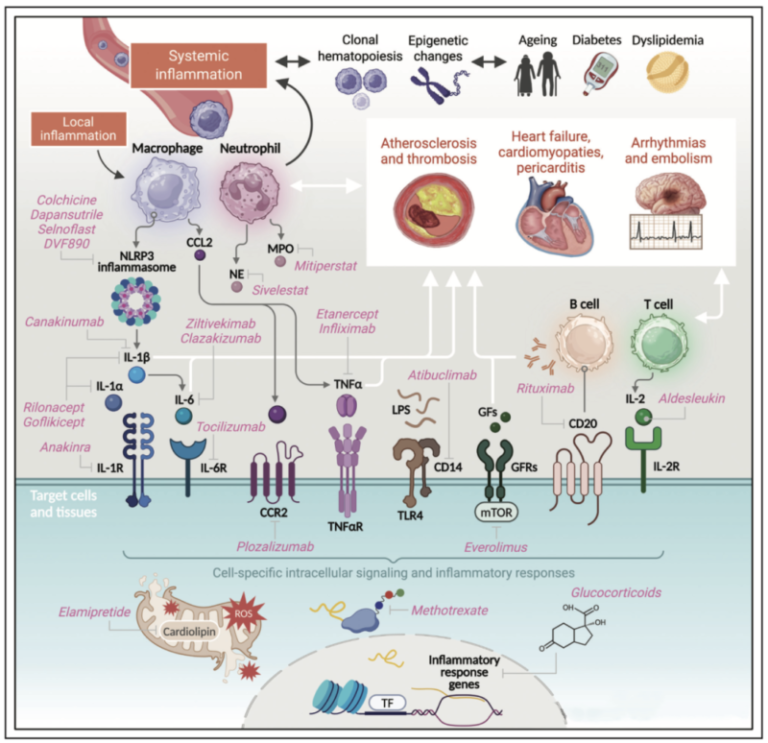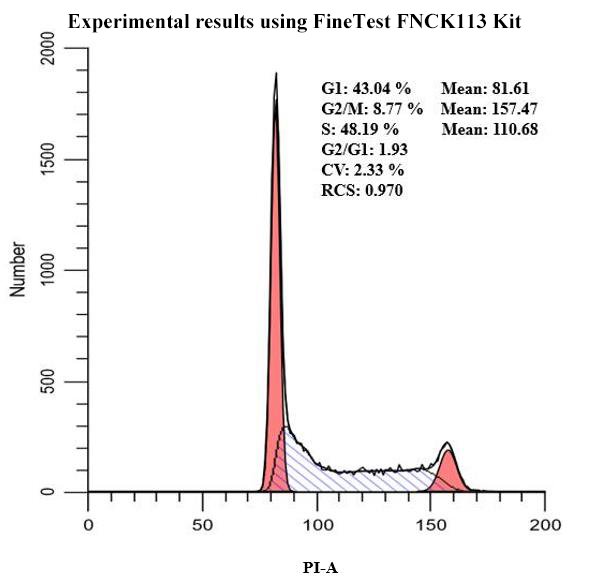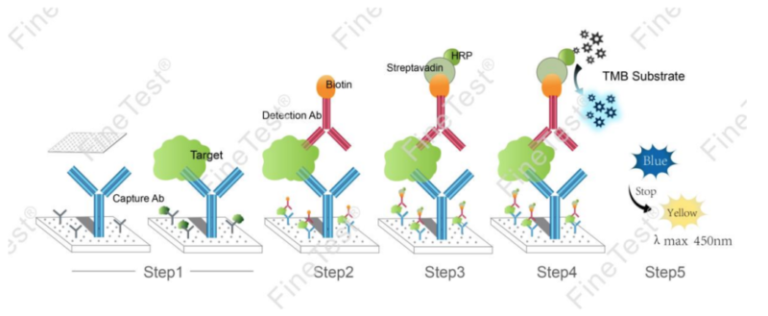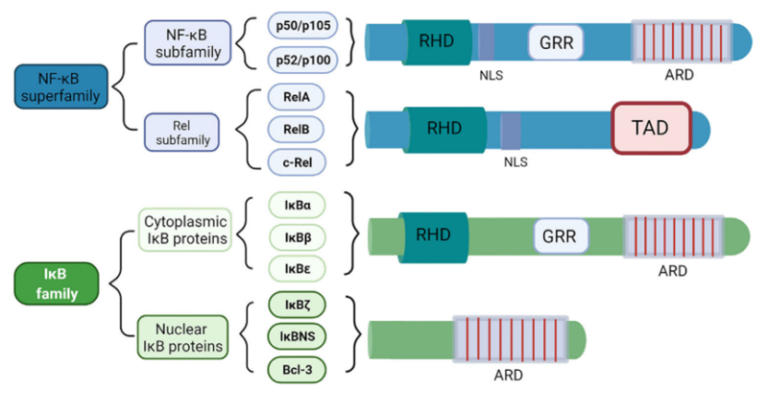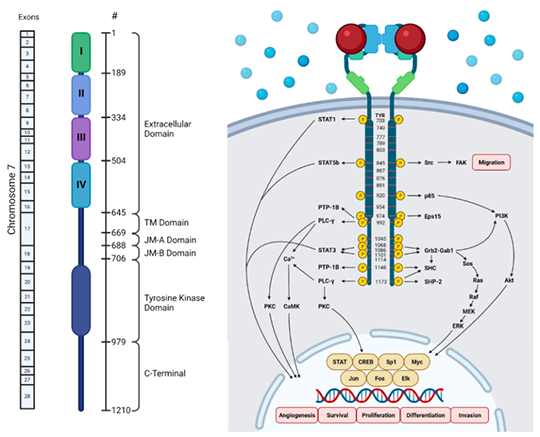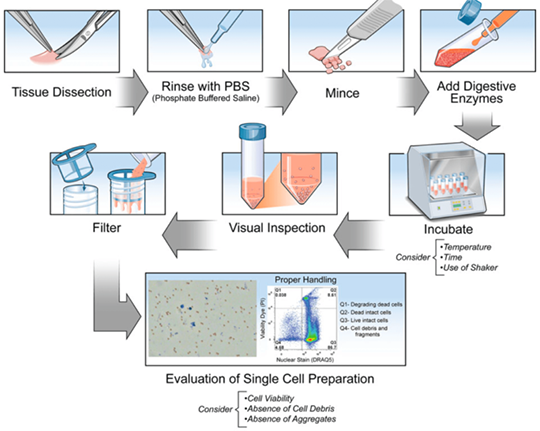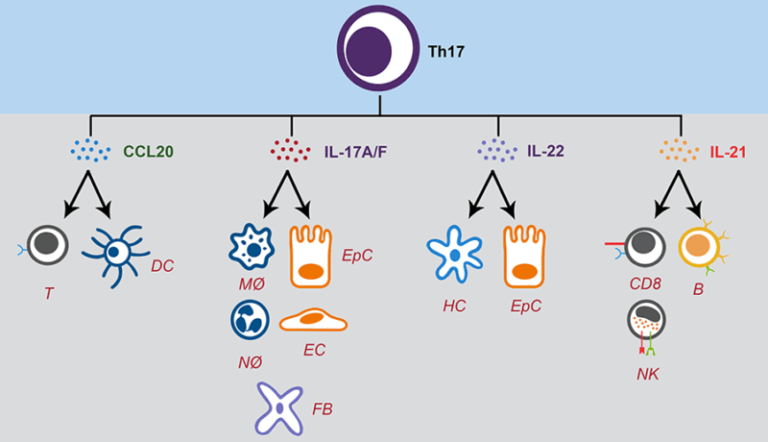
Th17 Markers Flow Cytometry
Abstract: Th17 cells are the important subgroup of CD4+ T cells. Pro-inflammatory effects play a key role in autoimmune diseases and inflammatory response. Unlike Treg cell for regulating immune response, Th17 cells mediate immune activation via secreting cytokines(e.g. IL-17). Th17 markers flow cytometry can significantly detect proportion and function of Th17 cells. Keywords: Th17 Markers, …

